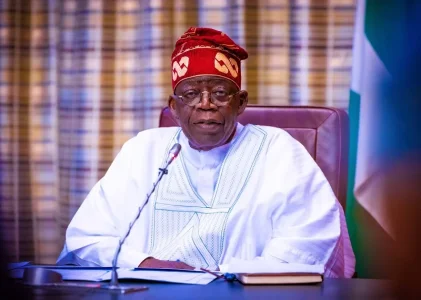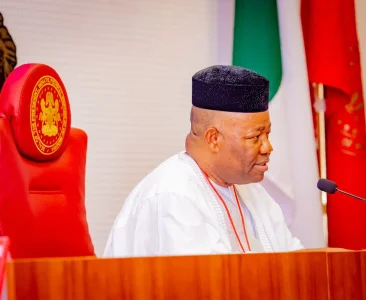
The Supreme Court has ruled to sack Julius Abure as the National Chairman of the Labour Party, overturning the Court of Appeal’s decision. The ruling emphasizes that leadership disputes within political parties are internal matters and cannot be decided by courts. Abure’s tenure was deemed expired.
In a decisive ruling, the Supreme Court has overturned the Court of Appeal’s recognition of Julius Abure as the National Chairman of the Labour Party (LP). The apex court’s five-member panel unanimously held that the appellate court lacked jurisdiction to rule on LP’s leadership matters, emphasizing that such disputes fall within the internal affairs of political parties.
The court further noted that Abure’s tenure had already expired, reinforcing its stance that political leadership disputes should not be adjudicated in court. The decision came after an appeal filed by Senator Esther Nenadi Usman and another party member was upheld, with the Supreme Court declaring it meritorious. Meanwhile, a counter-appeal from the Abure faction was dismissed as lacking merit.
This ruling has sparked reactions within Nigeria’s political landscape, with Labour Party members and supporters expressing mixed feelings. Some party loyalists view the decision as a legal affirmation of party democracy, while others see it as an attempt to destabilize the LP ahead of upcoming elections.
As Labour Party stakeholders regroup to chart a new leadership course, political analysts predict that this ruling could reshape internal party dynamics and influence future electoral strategies. The next steps for the party leadership remain uncertain, but this ruling marks a significant shift in LP’s hierarchy.




